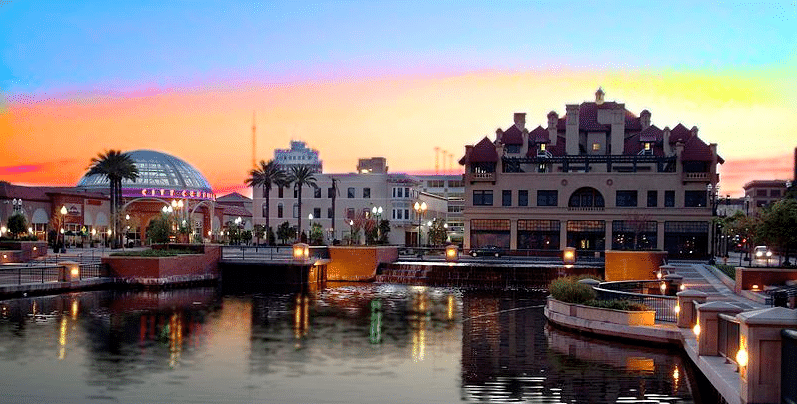On Tuesday, Sept. 15, Stockton’s City Council unanimously approved a resolution selecting a consultant to complete a feasibility study on launching a Community Choice Energy program in Stockton.
Enabled by state law, the program would allow the City to procure power on behalf of residents, businesses, and municipal accounts while still receiving transmission and distribution service from Pacific Gas & Electric Co., the existing utility provider.
Benefits of establishing a not-for-profit Community Choice agency, or CCA include consumer choice, local control, and enhanced public participation. Potential benefits include offering energy programs that meet community needs, lowering electricity rates, accelerating the transition to renewable energy sources and creating local jobs in sustainable energy development.
MRW & Associates, LLC was awarded the bid on a $92,750 contract to complete the feasibility study, which will assess how achievable these benefits are for the City. The study will also explore options for governance structure, specifically to address whether it would be most feasible for the City to establish a CCA on its own, or in a joint powers authority format with another municipality, such as San Joaquin County.

Beyond offering some rate relief, buying from cleaner sources and creating over 4,200 jobs, the 21 existing CCAs in the state have reinvested their reserve funds into several innovative community-tailored programs. They’ve helped their customers cover the costs of electric vehicles and charging infrastructure; solar and battery storage systems; and electrifying buildings and public transportation, to name a few.
These not-for-profit locally based agencies have also collectively donated millions of dollars to COVID relief efforts in their service areas, with grants to community-based organizations and local governments, in addition to rate relief for power generation.
Energy resilience has also been a huge priority for many CCAs – in just 10 years, they’ve supported the installation of more than 3,600 megawatts (MW) of new renewable energy facilities and 240 MW of battery-backup storage systems to help prevent the impacts of mass power outages.
Vice Mayor Dan Wright has been championing Stockton exploring potential benefits of a CCA since 2016 when The Climate Center first reached out to him.
“The reason I was initially interested in the idea was our withdrawal from the Paris Climate Accords,” Wright said in the meeting. “It’s that idea of moving toward a greener economy and zero carbon emissions that gets me behind this.”
Many community members submitted comments in support that were read into the record by the board clerk.
“We fully support this resolution,” wrote Little Manila Rising Executive Director Dillon Delvo. “Ultimately, we believe as shown in other communities, that establishing a Community Choice Energy program would provide our city with much-needed resources to help tackle the environmental challenges all of our Stockton families face together.”
Jonathan Pruitt, Environmental Justice Project coordinator at Catholic Charities Dioceses of Stockton spoke of the benefits of a CCA, including accountability and transparency in energy matters, as well as potential for procuring from greener sources and reinvesting in the community through local energy projects.
Margo Praus, Chair of the Delta-Sierra Group of the Sierra Club and other local groups praised CCA as one way to address wildfires, air pollution, extreme heat and other impacts of the climate crisis.
“This is an emergency,” Praus wrote. “Our efforts to curtail GHG emissions urgently need to be stepped up. CCAs give people a choice in where their energy comes from. We hope you choose a consultant, and we await the results with bated and masked breath.”
Stockton’s feasibility study should take about three to four months to complete, after which the City Council will be presented with the findings and faced with a decision to move forward.
We hope that the study will yield positive results, and that the City will continue down a path toward developing an agency that could reinvest in the community for years to come.


